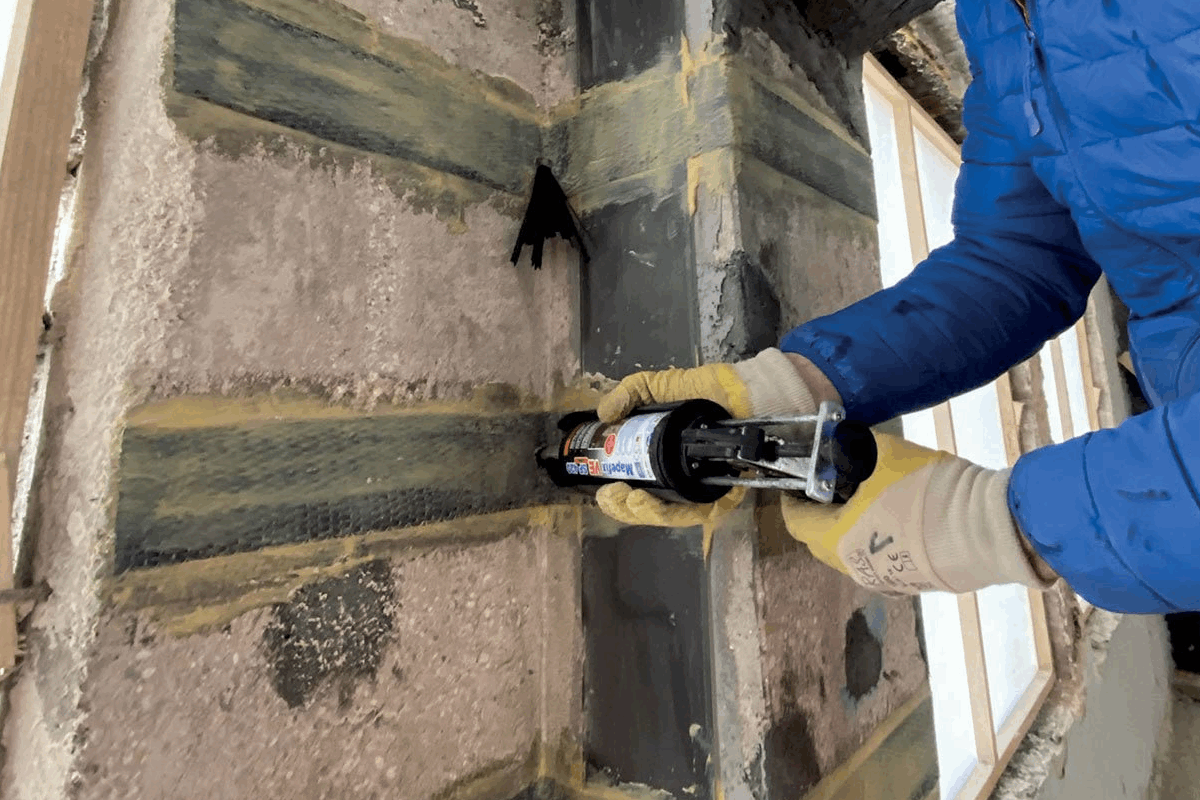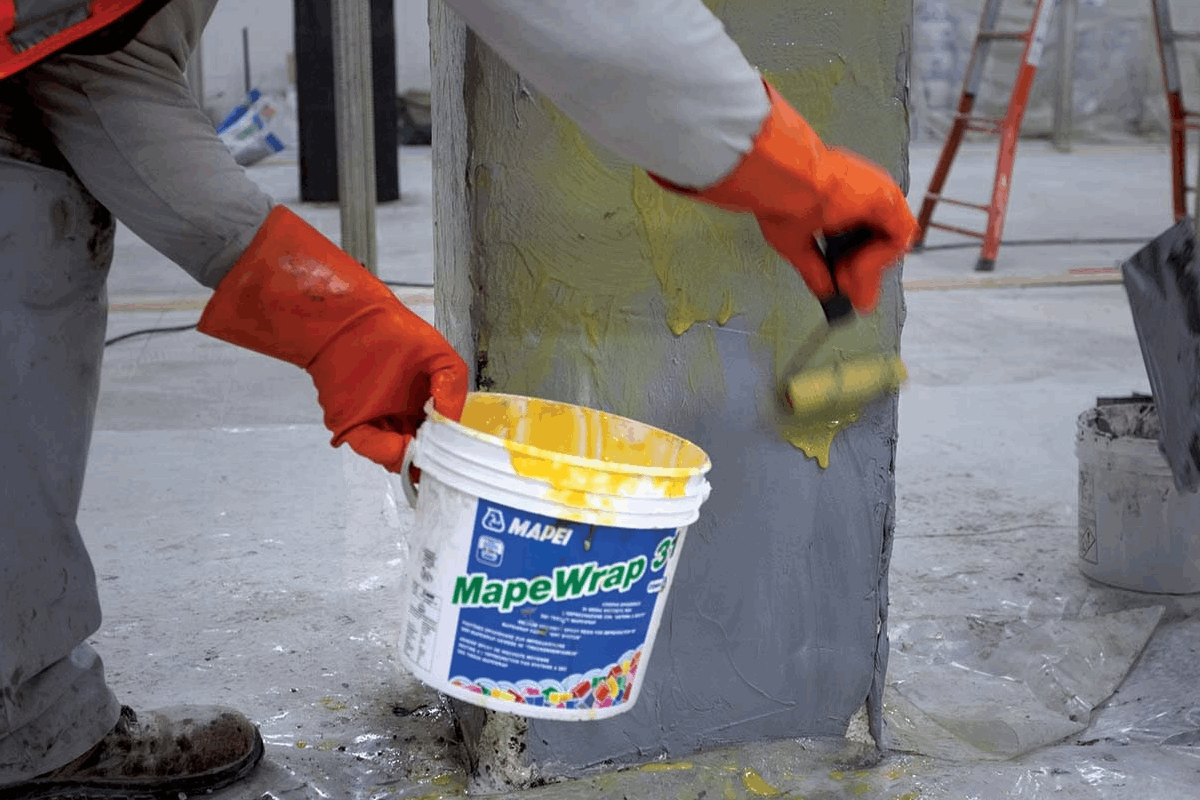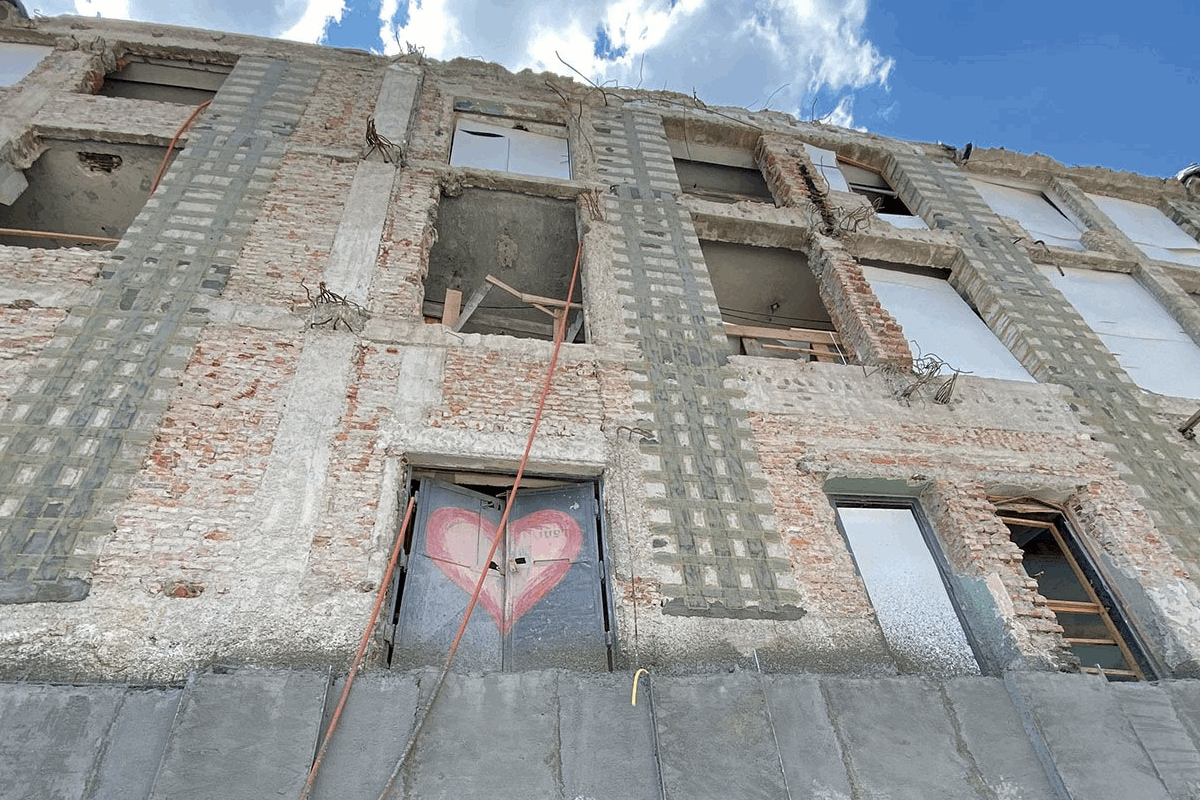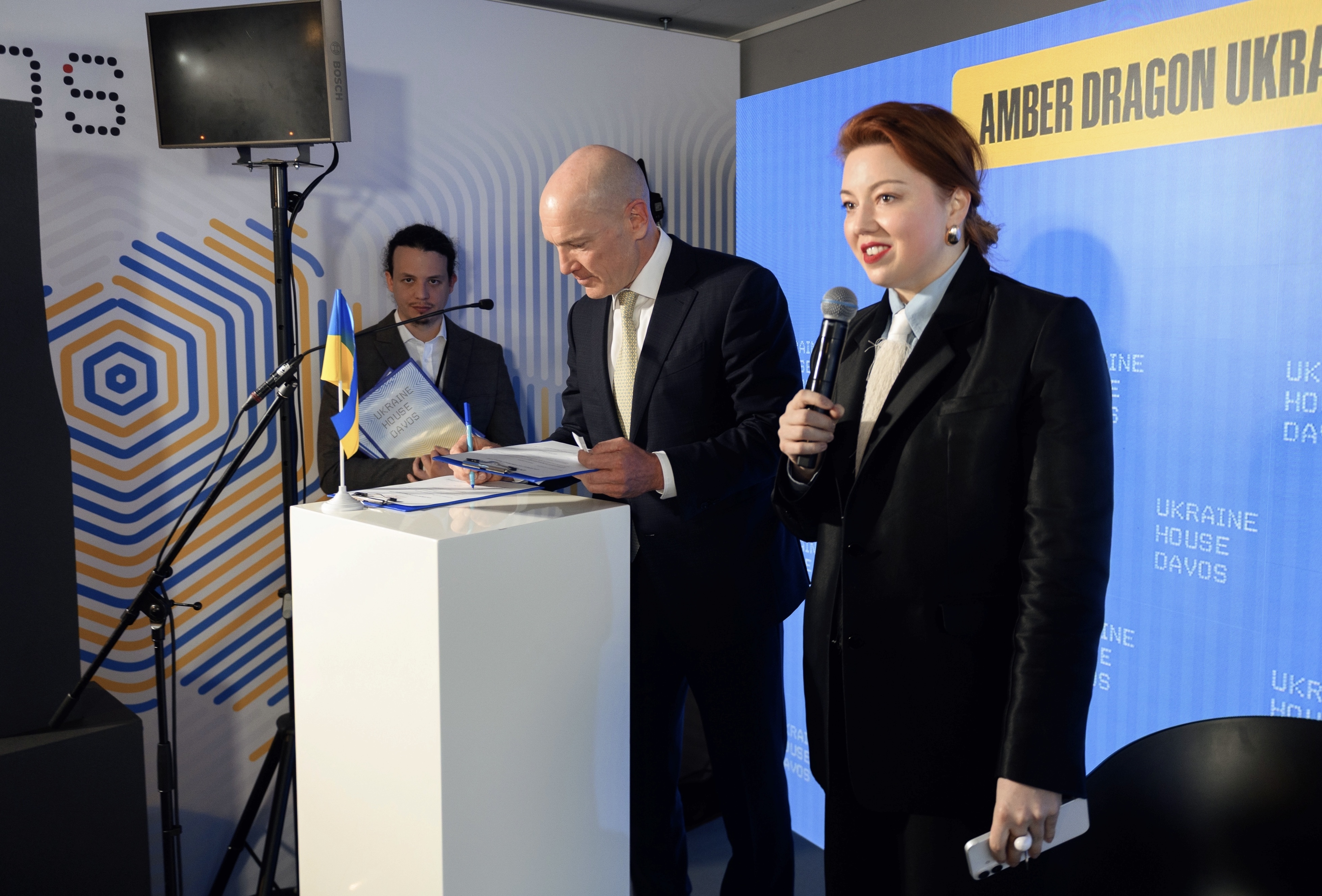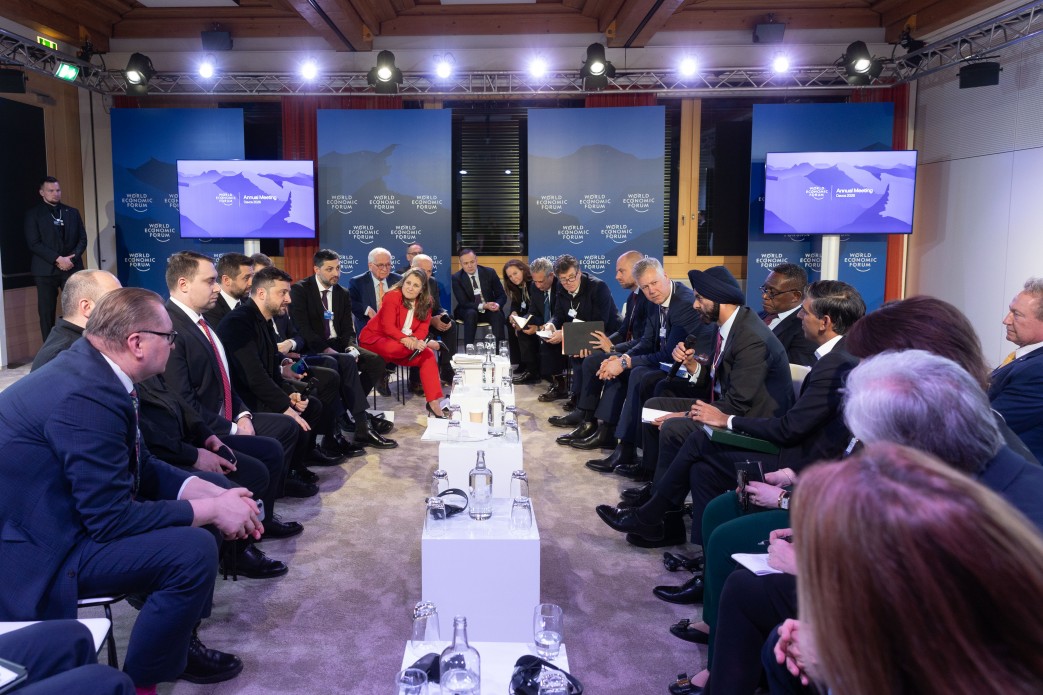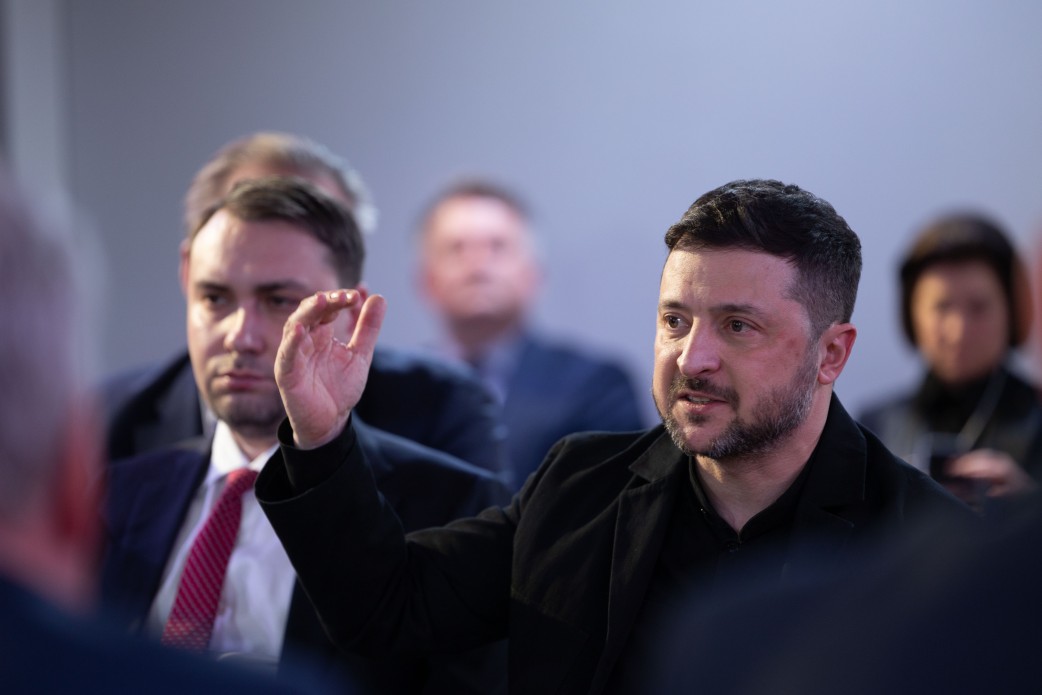Covid-19, raw material shortages, price increases, large-scale war, and its severe consequences — all of these issues have posed serious challenges for the Ukrainian construction industry in the past few years. However, they have also provided the market with opportunities to learn quickly, adjust rapidly, and meet these challenges.
As in the rest of the world, the adoption of new technologies is fundamental to the development of the Ukrainian construction industry, as well as the creation of innovative solutions and more efficient construction methods.
In Ukraine, the amount of construction work performed in the first quarter of 2024 increased by 40% compared to the same period in 2023. The driver of this growth in January-March was engineering structures, with the indicator in this sector increasing by 48% compared to the previous year. The growth in engineering construction is due to the restoration of damaged transport and industrial facilities, as well as bridges, overpasses, roads, railways, pipelines, communications, power lines, and other infrastructure and engineering structures. This sector will continue to be dynamic, benefiting from the Ukrainian state budget and investment from international allies.
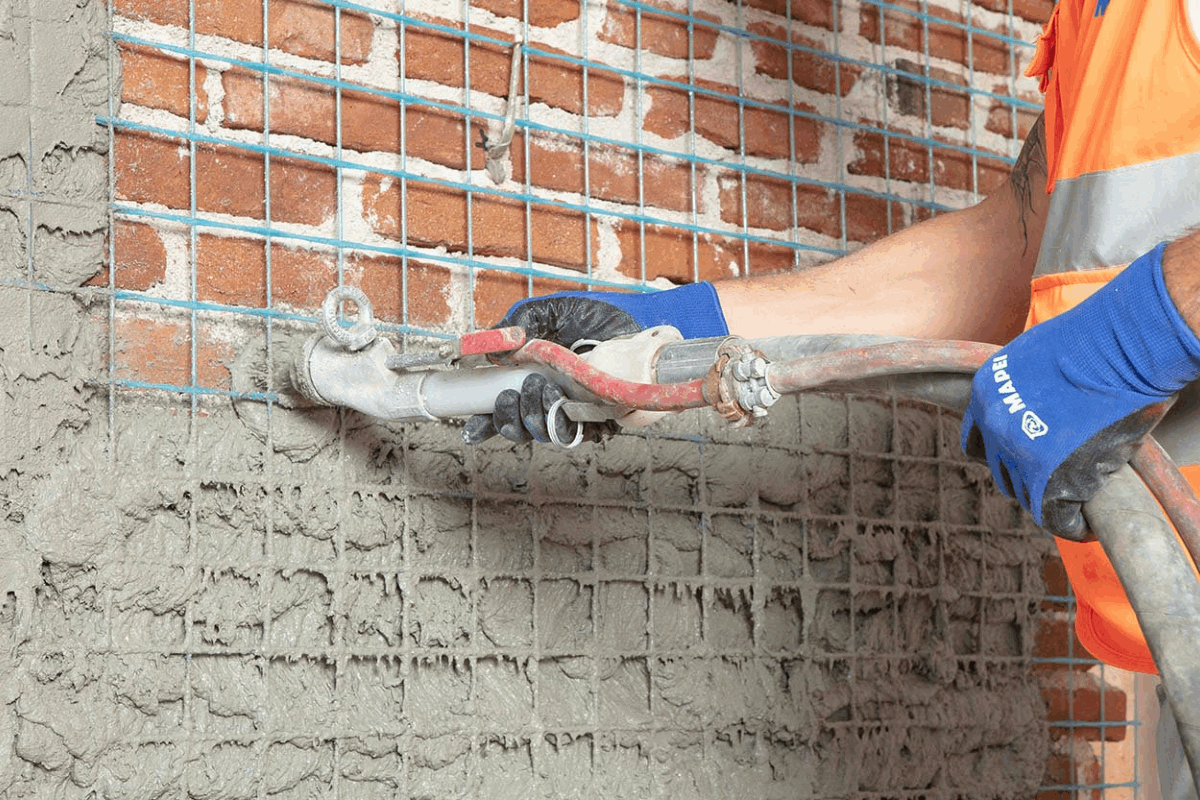
Quick and high-quality restoration, strengthening, and protection of reinforced concrete and brick load-bearing elements of buildings and structures is an urgent challenge today. The application of modern technical solutions using composite materials allows for the rapid restoration and strengthening of damaged structural elements without the need for material-intensive technologies or additional loading of buildings and foundations.
Mapei has developed modern systems based on two-component cement mortars in combination with a fiberglass mesh (MAPEI FRG System and MAPEI FRP System). These systems allow the strengthening of structures to their original bearing capacity without increasing the load on the building or reducing its energy efficiency. The installation of this reinforcement does not require special equipment or mechanisms.
In addition, these systems are cost-effective: although the initial cost of materials (one meter of fiberglass mesh and repair mortar) is several times higher than the cost of one meter of a metal product, the final cost of the restored structure is almost 35% lower than that of a traditional reinforcement system, and the speed of work is four times faster.
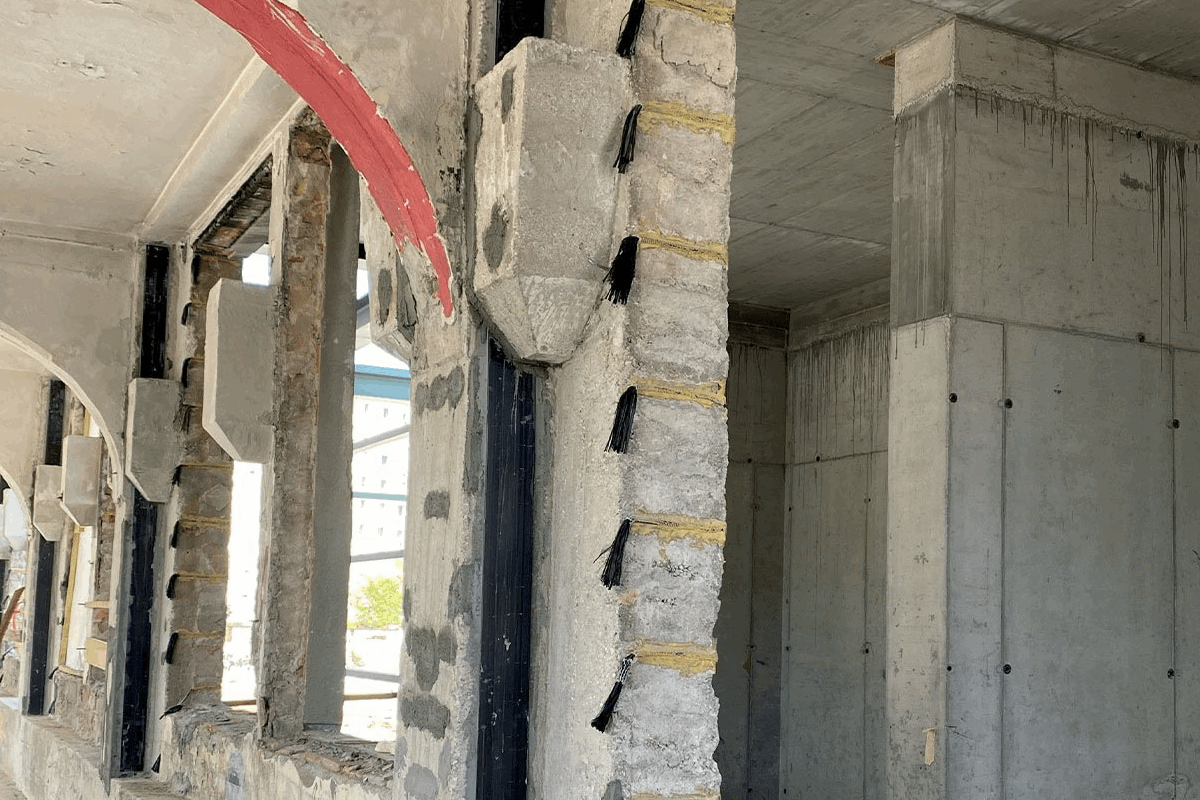
Infrastructure projects currently in the pipeline include work in the Kyiv metro, specifically the "blue" line between the "Demiivska" and "Lybidska" stations. Mapei is involved in this project by supplying products for consolidating and waterproofing underground structures.
The housing sector is the most affected by financial issues. The war has influenced new construction and caused a significant drop in apartment sales in Ukraine. However, the need for affordable rental housing is growing, for example, while a damaged home is being repaired or when people are searching for long-term rental housing. This supports the demand for renovation products – waterproofing, adhesives for ceramic tiles and natural stone, grouts, and sealants – where Mapei can offer a wide range of solutions.
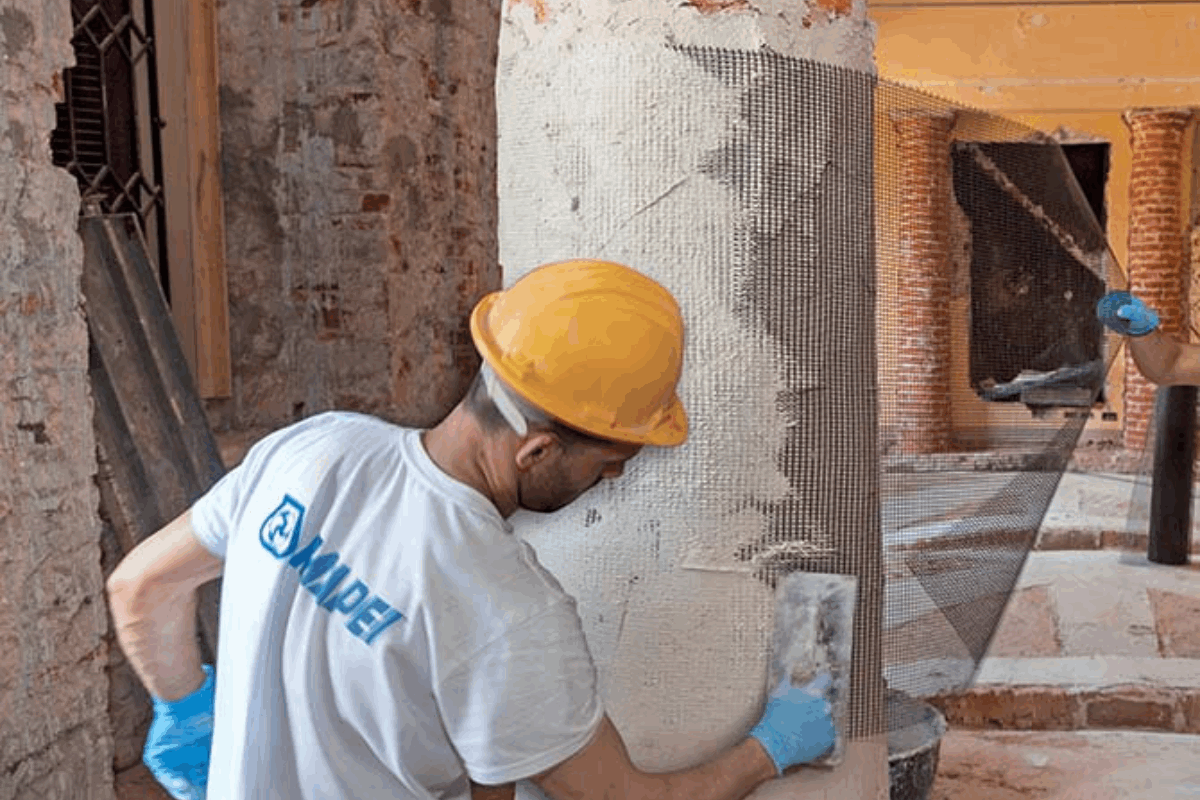
It is crucial for Ukraine to implement European approaches to strategic planning and state policy in the field of construction. Increased energy efficiency, modern materials, new communication systems, and bomb shelters all require significant investment but are financially viable in the long run. These measures will raise living standards, lower utility costs, and make housing safer. In general, after the war ends, the construction industry, along with building materials production, could become one of the key drivers of economic growth in Ukraine.
